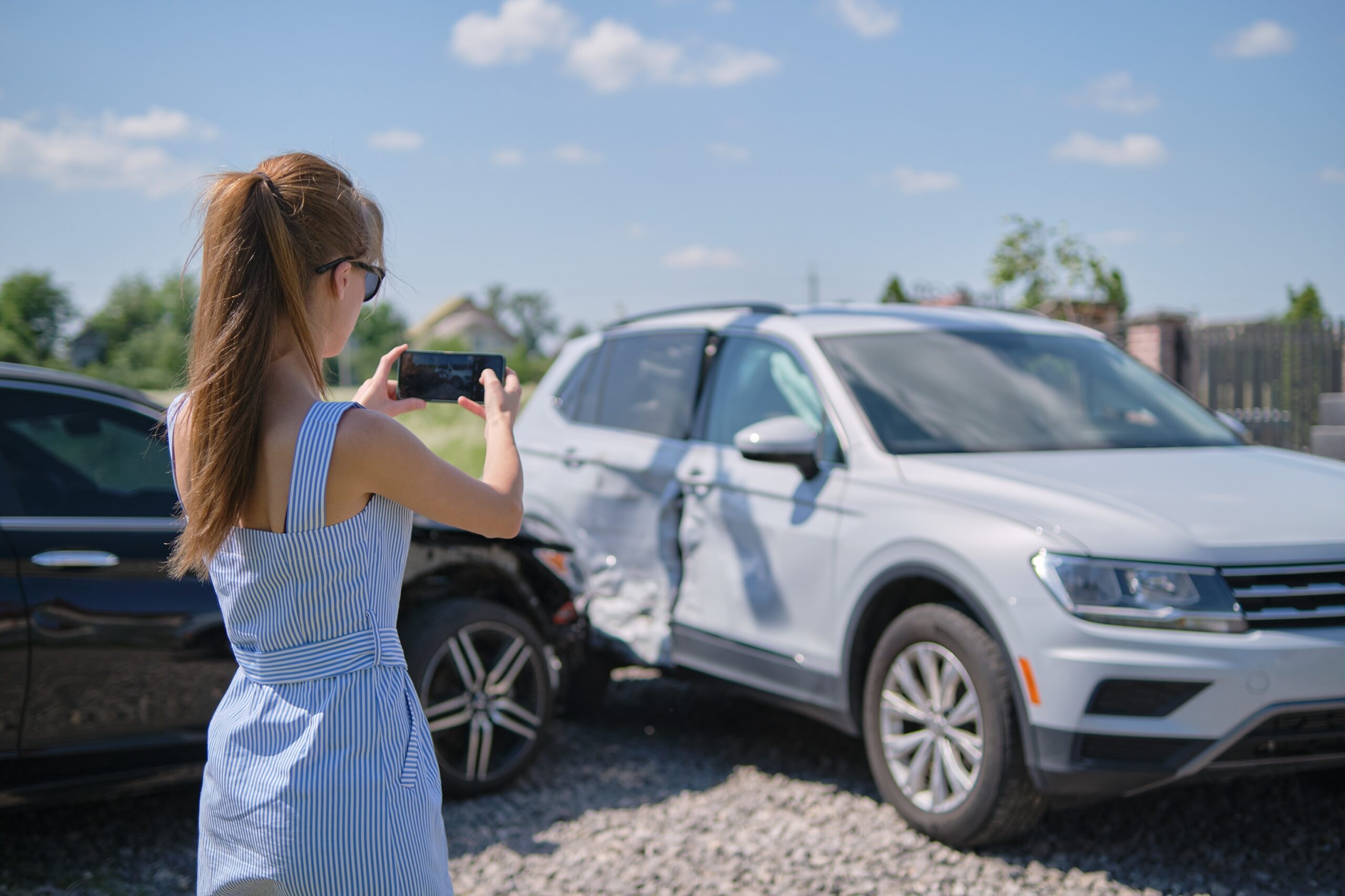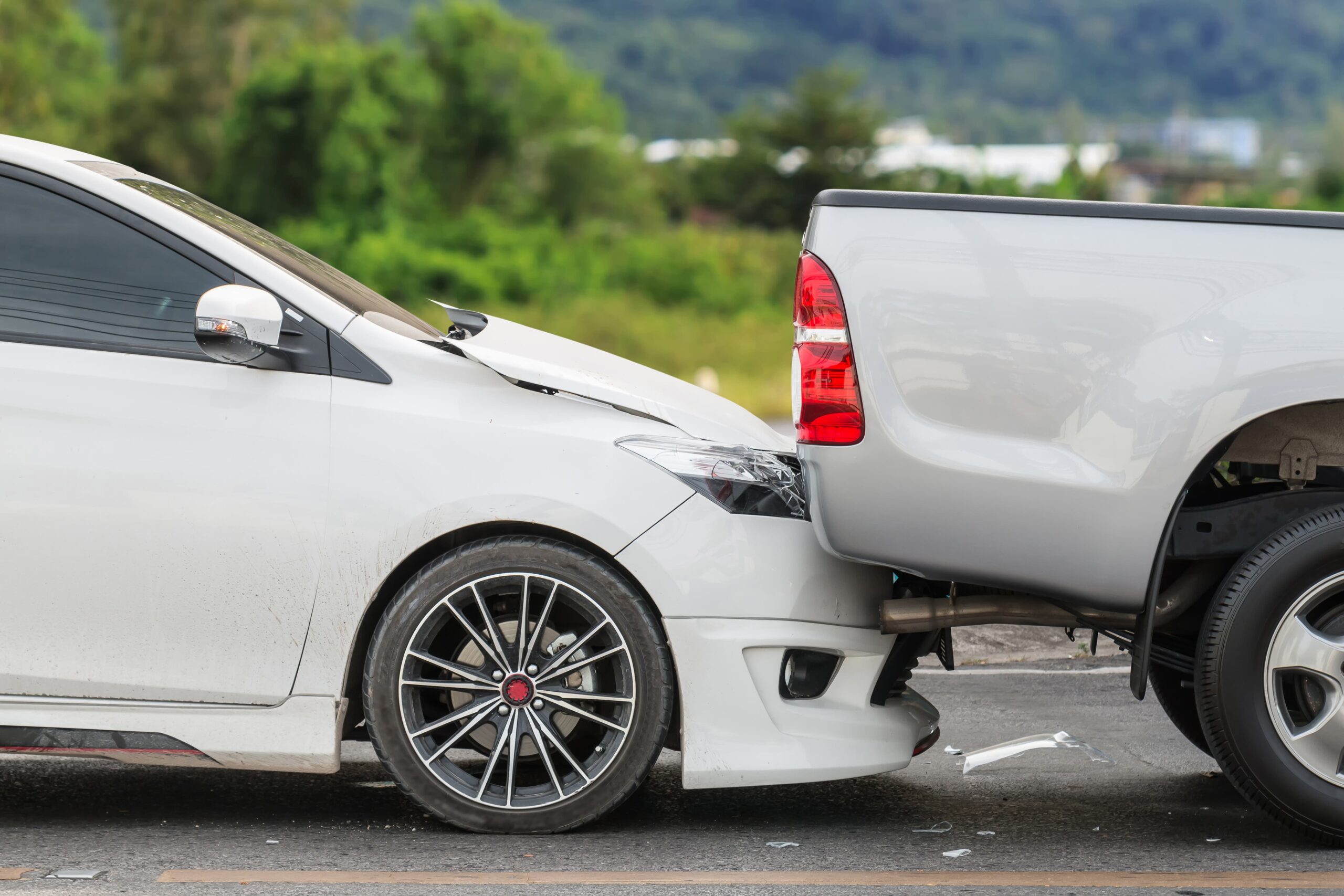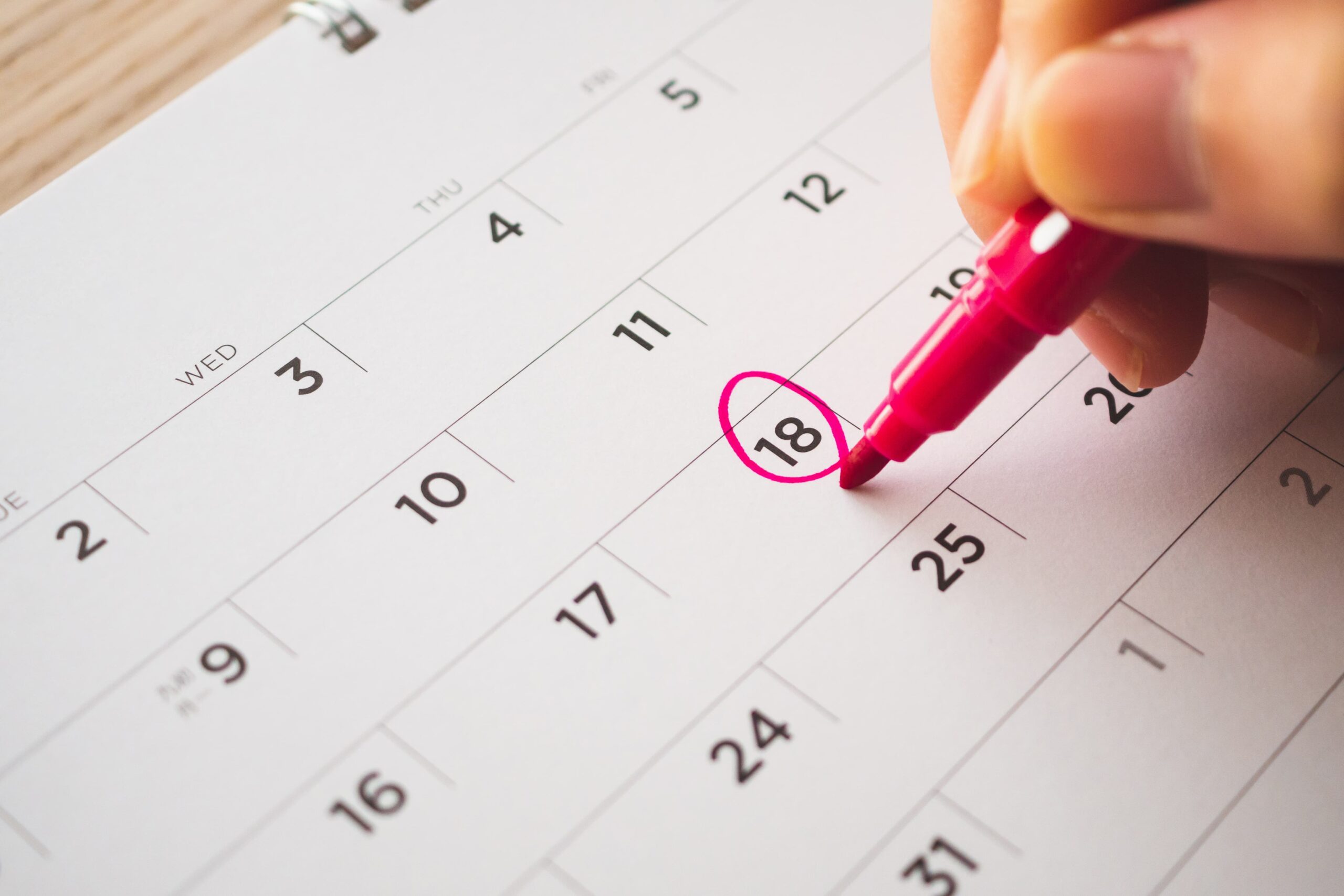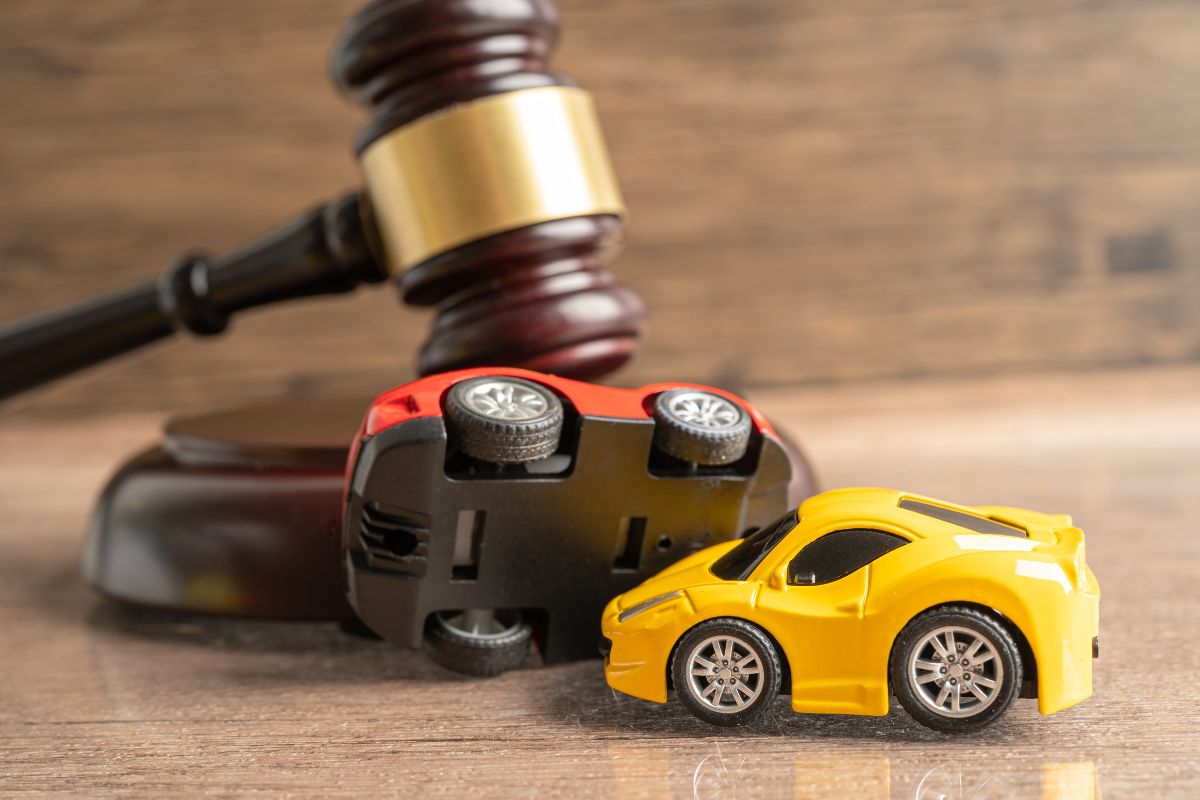Getting into a car accident can be a shocking and overwhelming experience—especially when you’re unsure of what to do next. At Pyramid Legal, we guide clients through the aftermath of collisions with clarity and confidence. Whether it’s a minor fender bender or a serious crash, knowing your rights and responsibilities is essential for protecting your health and securing fair compensation.
In this article, we break down the key steps to take after a car accident in [Your State] so you can move forward with peace of mind.
Step 1: Prioritize Safety First
If you’ve been in a collision, your first priority should always be safety. Here’s what to do immediately:
Move your vehicle to a safe location, if possible
Turn on hazard lights
Check yourself and others for injuries
Call 911 if anyone is hurt or if the accident is blocking traffic
Even if injuries seem minor, it’s important to seek medical attention—some symptoms may take hours or days to appear.
Step 2: Call Local Law Enforcement
In most states, you are legally required to report accidents involving injury, death, or significant property damage. A police officer will create an accident report, which will be crucial for your insurance claim or legal case.
Request a copy of the report once it becomes available, and never admit fault at the scene—it’s best to let the investigation determine responsibility.
Step 3: Exchange Information with the Other Driver
Be sure to collect the following from all involved parties:
Full names and contact information
Driver’s license numbers
Insurance provider and policy numbers
License plate numbers
Vehicle make, model, and color
Avoid arguments or assigning blame—just focus on gathering facts.
Step 4: Document the Scene
Take photos or videos of:
Vehicle damage
Road conditions and traffic signs
Skid marks or debris
Your injuries (if any)
The surrounding area
This evidence can support your version of events if disputes arise later.
Step 5: Notify Your Insurance Company
Contact your insurance provider as soon as possible to begin the claims process. Provide accurate details and any documentation you’ve collected. Be cautious when speaking with the other party’s insurance adjuster—you are not obligated to give a recorded statement without legal representation.
Step 6: Seek Medical Attention
Even if you feel fine, it’s wise to be examined by a medical professional. Injuries like whiplash, concussions, or internal trauma may not show immediate symptoms but can worsen over time. Medical records also strengthen your injury claim.
Step 7: Contact a Personal Injury Attorney
If you were injured or if the accident caused significant damage, speaking with an experienced personal injury attorney can protect your rights. At Pyramid Legal, we help you:
Understand your legal options
Negotiate with insurance companies
Pursue compensation for medical bills, lost wages, and pain and suffering
Handle paperwork and deadlines specific to [Your State] laws
Consultations are often free, and we don’t charge unless we win your case.
Know Your Rights
Each state has its own laws regarding:
Fault vs. no-fault insurance systems
Time limits to file claims (statute of limitations)
Comparative negligence rules that affect compensation
Minimum insurance coverage requirements
Pyramid Legal is deeply familiar with personal injury law in [Your State] and will ensure your case is handled with the care and attention it deserves.
Final Thoughts
Being involved in a car accident is stressful—but you don’t have to handle it alone. Taking the right steps immediately after a crash can protect your health, your rights, and your financial future.
At Pyramid Legal, we’re here to stand by your side, fight for the compensation you deserve, and guide you every step of the way. If you’ve been injured in an accident in [Your State], contact us today for a free consultation.







